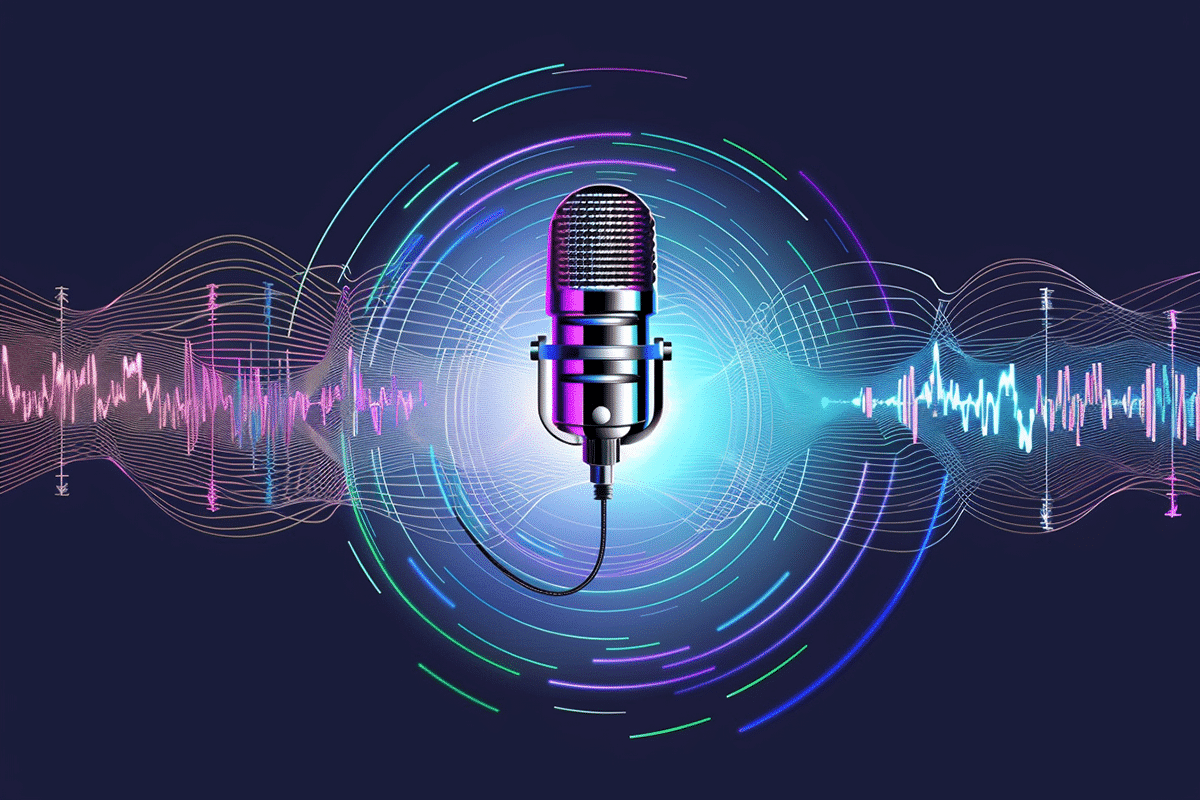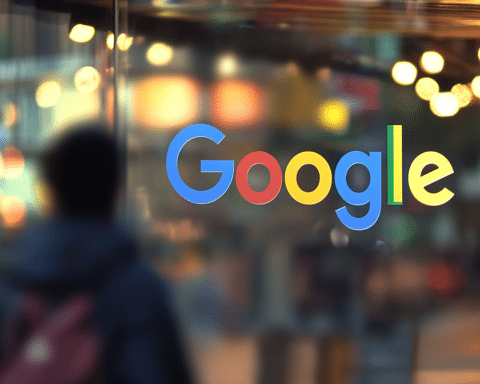OpenAI has unveiled a groundbreaking artificial intelligence tool called Voice Engine, capable of mimicking human voices with unprecedented accuracy. This innovative technology utilizes a mere 15-second voice sample to generate remarkably convincing voice replicas, enabling it to read text with startling realism.
The potential applications of Voice Engine are vast and diverse. Initially targeted towards accessibility services, this AI tool holds promise in areas such as translation assistance and aiding individuals with speech impairments. However, alongside its potential benefits, concerns have been raised regarding the potential for misinformation and fraudulent activities facilitated by such advanced voice replication technology.
To address these concerns, OpenAI has taken proactive measures. Voice Engine is currently undergoing testing with a select group of trusted partners, including education and health technology companies. These partners have committed to strict guidelines, agreeing not to replicate voices without explicit consent and to clearly indicate when AI-generated voices are being utilized.
Recognizing the inherent risks associated with synthetic voice technology, particularly in sensitive areas like elections, OpenAI has outlined precautionary steps. Suggestions include phasing out voice-based authentication for sensitive accounts and implementing mechanisms to prevent the creation of voices too similar to prominent figures.
One of the most impressive features of Voice Engine is its multilingual capability. By utilizing a voice sample in one language, the AI can generate a replica voice capable of speaking in multiple other languages while preserving the tone and accent of the original speaker. OpenAI demonstrated this functionality with samples of AI-generated audio reading the same passage in Spanish, Mandarin, German, French, and Japanese, maintaining the essence of the original speaker across languages.
Voice Engine’s unveiling comes amidst anticipation for OpenAI’s upcoming AI-generated video tool, Sora, which was teased last month. Sora boasts the ability to create realistic 60-second videos from text instructions, complete with multiple characters, specific motions, and intricate background details. Coupled with the recent announcement of ChatGPT’s availability without sign-up requirements, OpenAI is making significant strides in democratizing access to its advanced AI technologies.
Users of ChatGPT, however, should be aware of the trade-offs. While the service is now accessible without the need for an account, certain features, including voice conversations and custom instructions, are limited for non-account users. Additionally, although users can opt out of data usage for model improvement, this option comes with certain restrictions.
As OpenAI continues to push the boundaries of AI technology, the introduction of Voice Engine marks another milestone in the evolution of human-machine interaction. With its ability to replicate human voices with unprecedented fidelity, this AI tool holds both promise and challenges for a wide range of applications, from accessibility services to multimedia content creation. As the technology matures, careful consideration of its ethical implications will be crucial in harnessing its potential for positive impact while mitigating risks.




